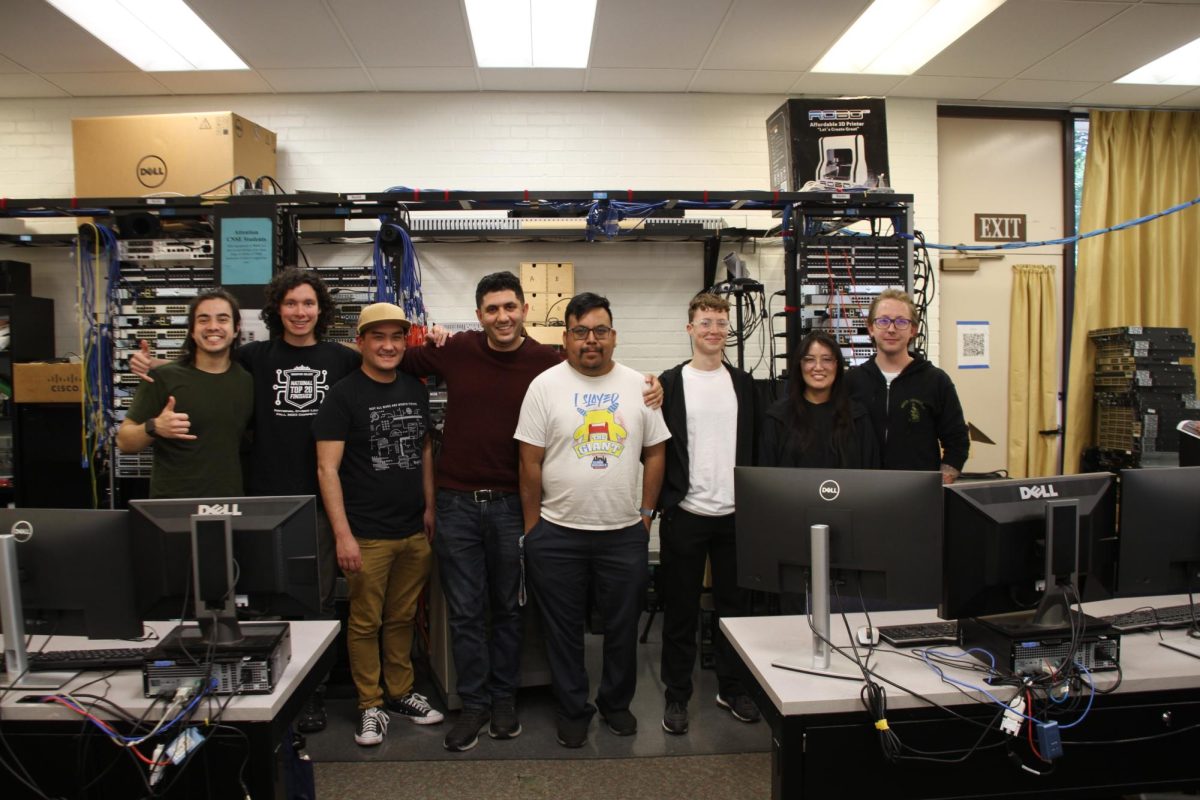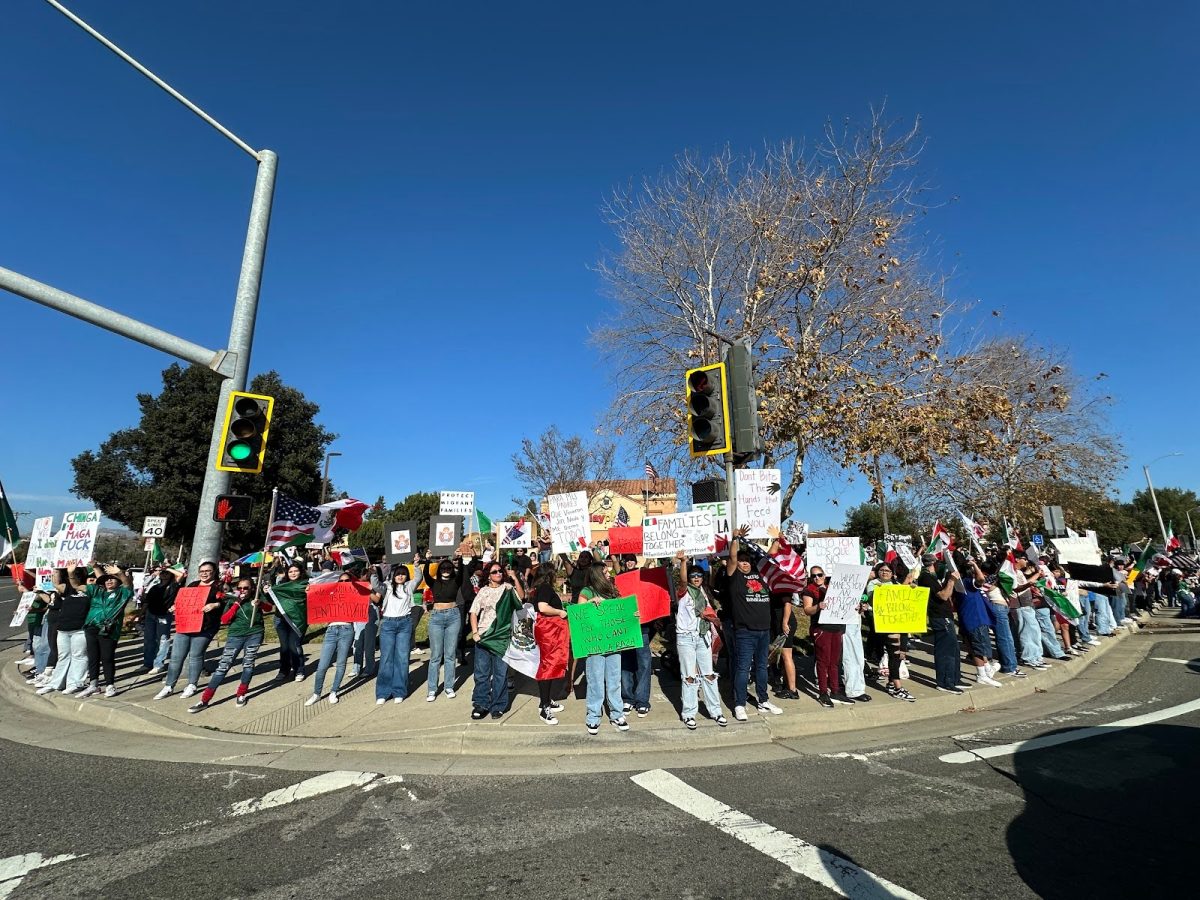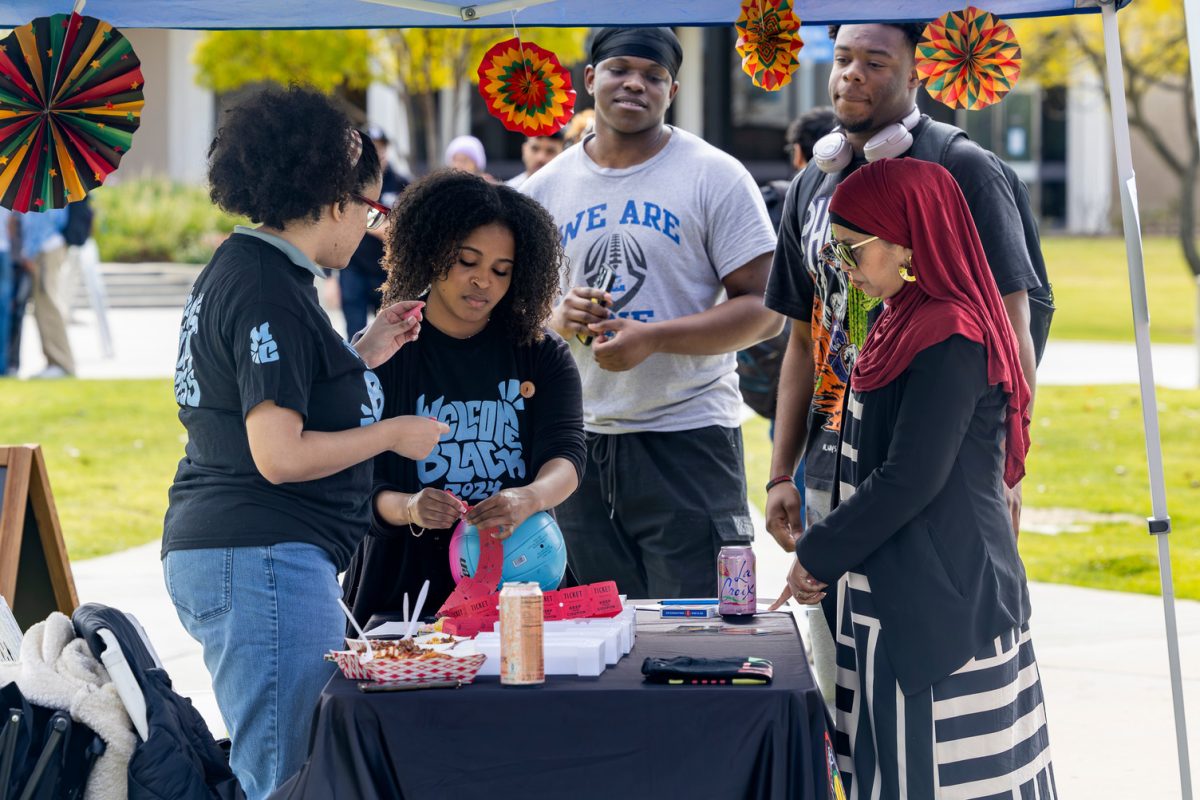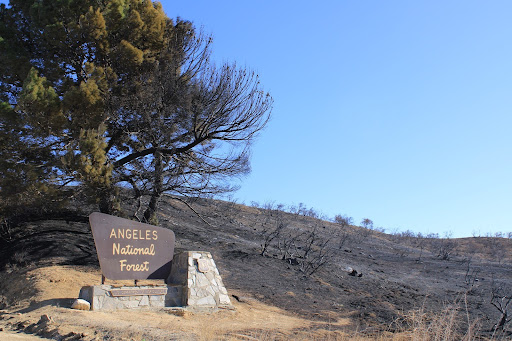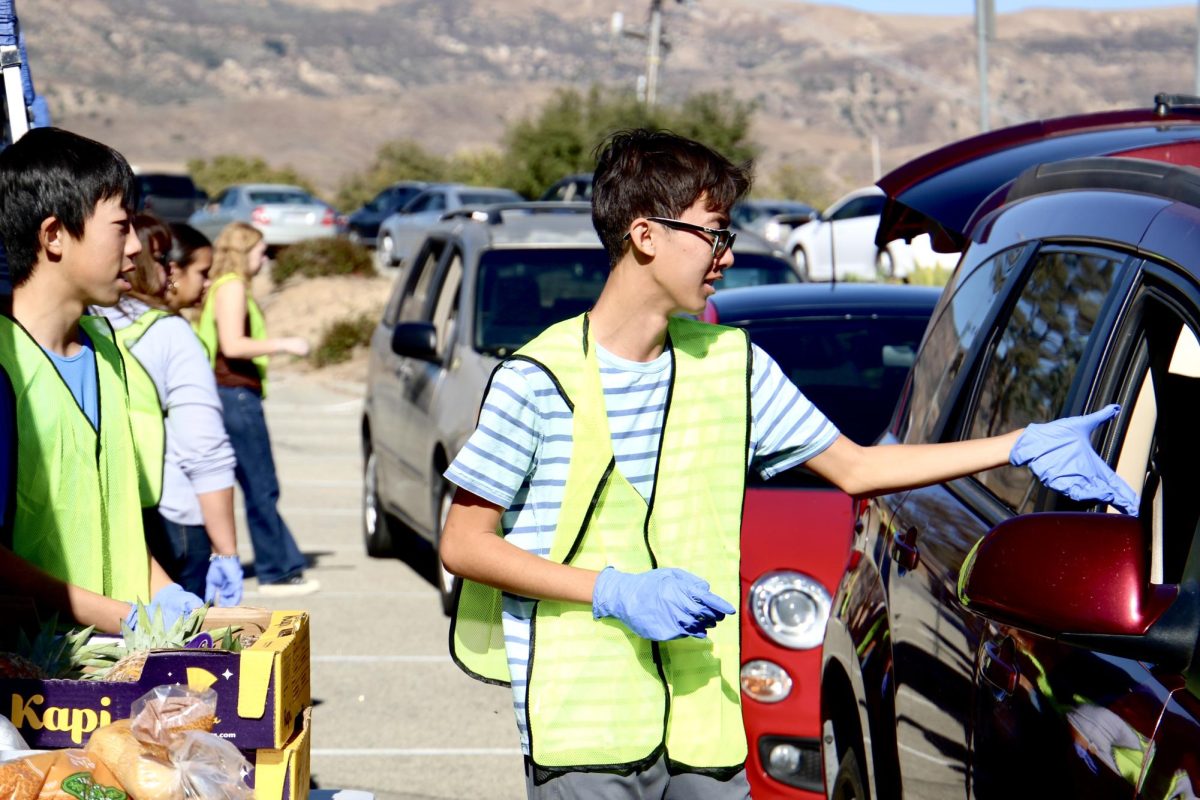When it comes to international relations, one Moorpark College group is leading the quest for peace and harmony around the globe.
The Model United Nations program on campus returned this week from a successful conference, having all seven delegates pass a resolution, and one delegate, Eric Smith, winning the award for Outstanding Delegate for The United Nations High Commissioner for Refugees.
Political science instructor Steven Pfeffer has been working with the students this semester, after restarting the program at Moorpark.
“We were very successful our first time back,” said Pfeffer. “[The students] really saw themselves taking their roles in leadership.”
The Model U.N. is a program that emulates the real United Nations, where students get a chance to represent countries on certain issues. According to Pfeffer, the students get assigned a country, and also a committee such as UNICEF (the United Nations Children’s Fund) to work towards a solution to a problem. While working to fix the issue, the students must try to find a solution that best suits their respective countries, while working together to come to a compromise that suits all countries involved.
Harrison Homel, a political science major, went to the conference, and worked for months to prepare.
“We had been preparing for a good two months or so,” said Homel, 19. “It was a really cool experience. You got to really work the simulation.”
Each of the seven students that attended had a hand in passing some resolution that suited their country. The students from Moorpark were assigned one of two countries, Romania or Ghana.
“I learned about the way the real U.N. works and how the international community interacts,” said Homel. “It was really interesting to see it in action.”
Once their countries were assigned, each student would be assigned a committee, and at the meeting, would have to represent their country in the discussion and resolution-writing to address the topic of the conference.
Alex Waller, 20, also a political science major, represented Ghana while working on a resolution dealing with children soldiers.
“At first it was a little nerve-racking because it seemed like everyone else was very experienced and they settled into the motions a lot more quickly than I did, but once we got the hang of it, things fell together and they started to go very well,” said Waller. “Overall I was very pleased with the resolution as a whole.”
Students interested in the program can contact Pfeffer at spfeffer@vcccd.edu.
“I think the program is great,” said Waller. “It’s definitely in good hands with Professor Pfeffer. All they can do from here is go up.”

